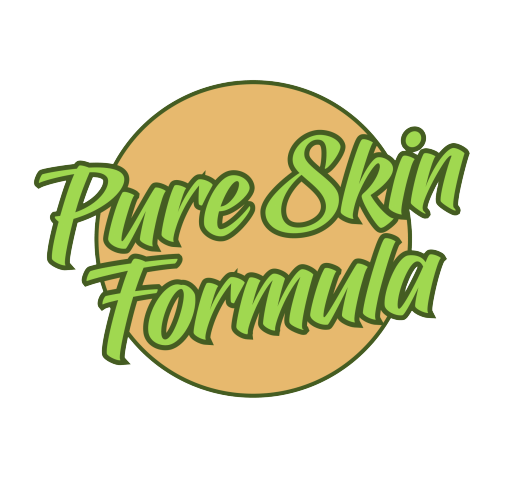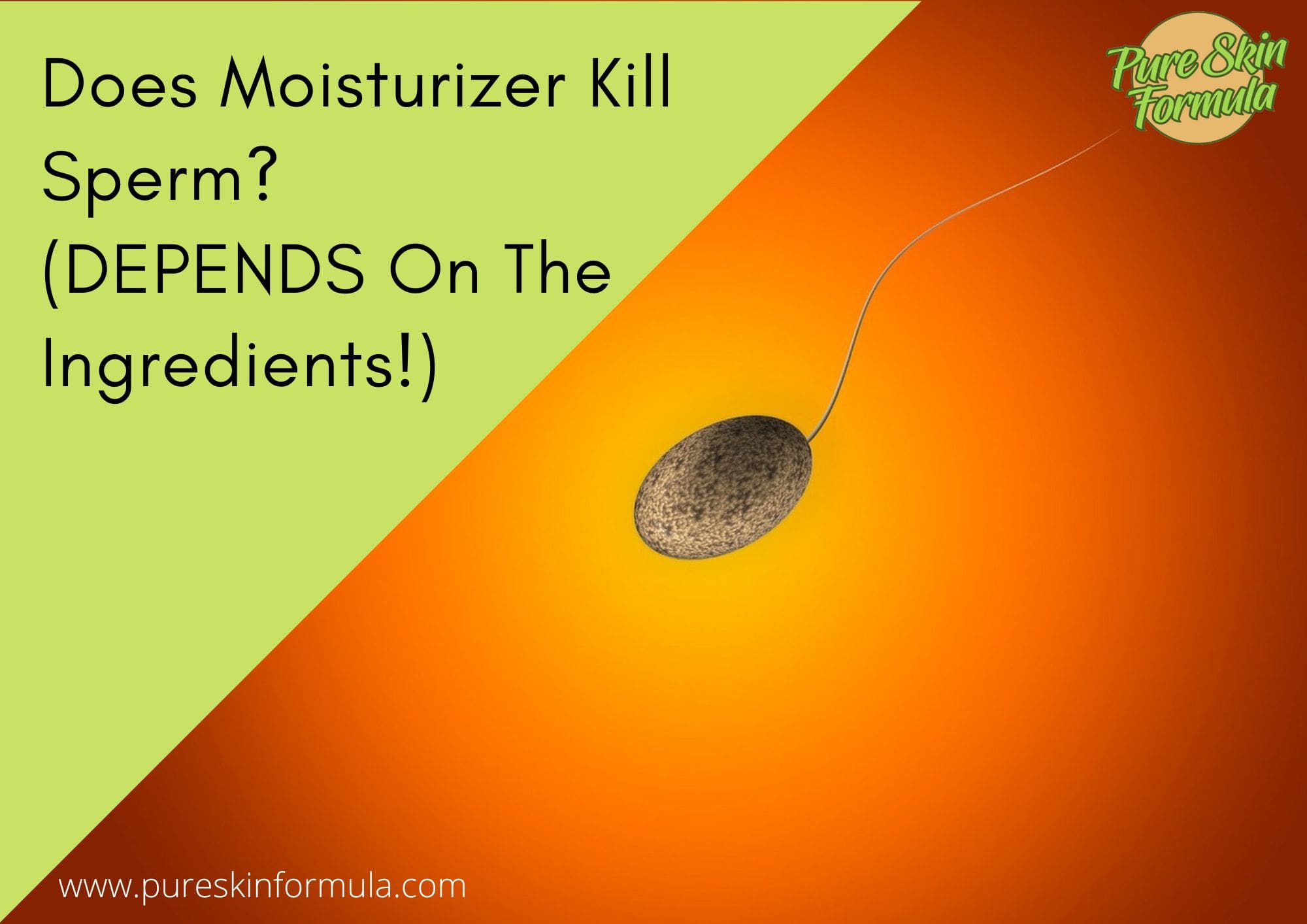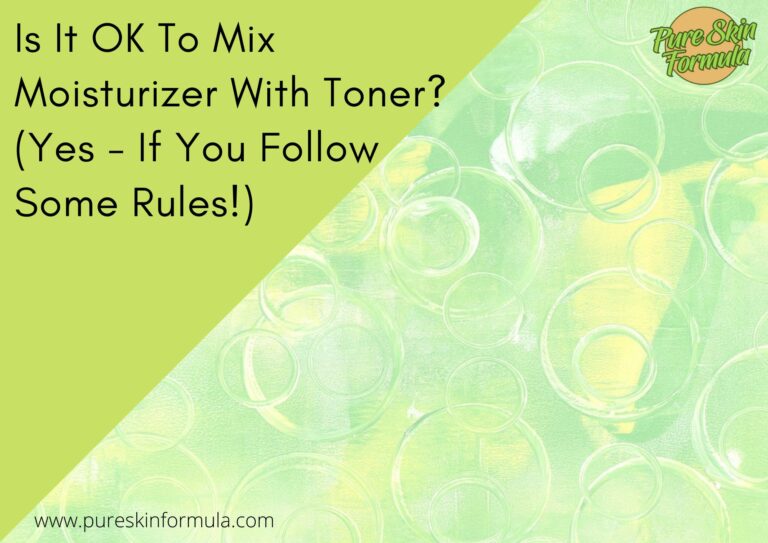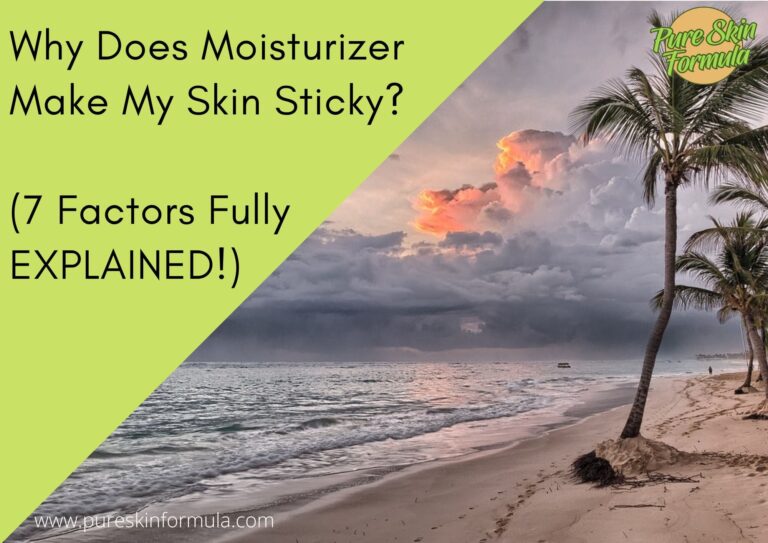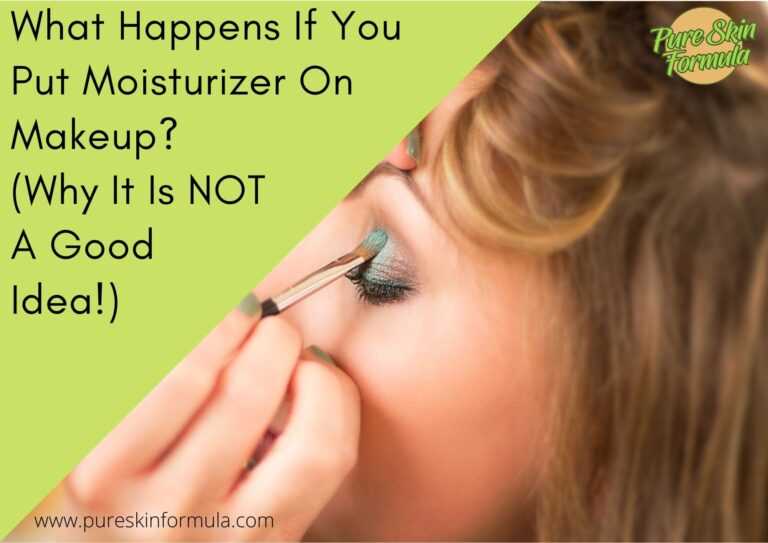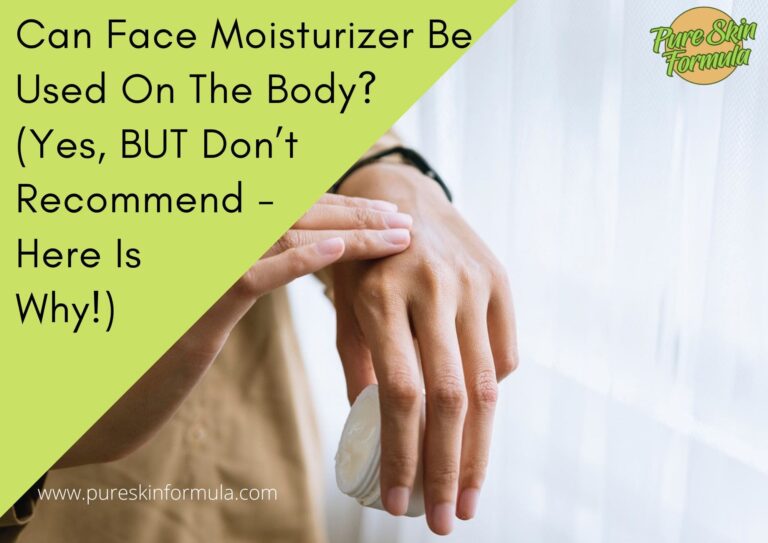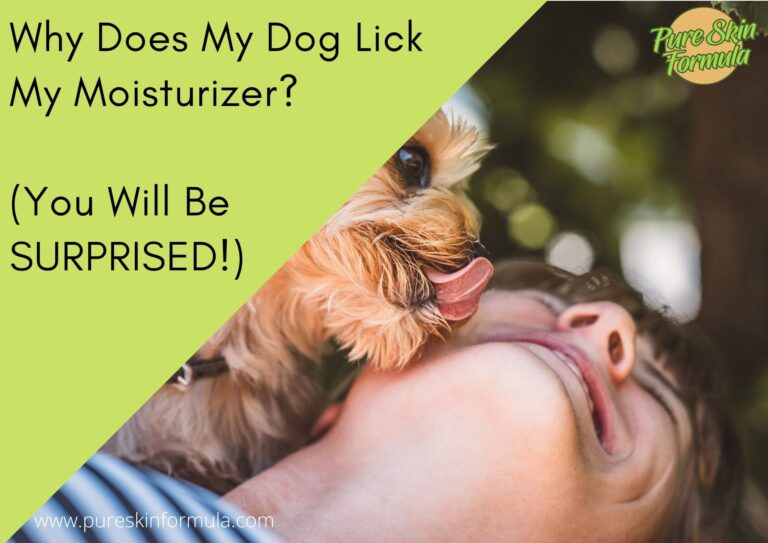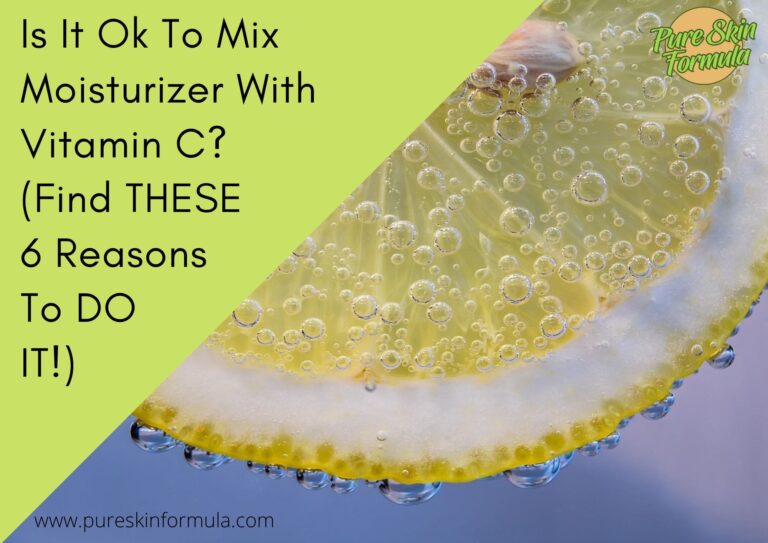It is not very probable, but still, there are a couple of situations when a moisturizer can get in contact with sperm.
It could happen by mistake, or on purpose, like when a moisturizer is used as a lube.
It is good to know what might happen. Is it perilous? Or a false alarm? Let’s find out.
Does moisturizer kill sperm?
No, moisturizer does not kill sperm. While some moisturizers may contain certain ingredients that can harm sperm, such as fragrances or preservatives, most moisturizers are not designed to kill sperm.
However, some moisturizers can decrease sperm motility and make it harder for sperm to fertilize an egg.
If you are trying to conceive, it is generally recommended to avoid using any lubricants or moisturizers during intercourse or choose a fertility-friendly oil specifically designed not to harm sperm.
Let’s dig deeper.
How does sperm function?
Sperm is the male reproductive cell responsible for fertilizing the female egg, resulting in conception.
The role of sperm is to travel through the female reproductive tract and reach the egg to fertilize it. To achieve this, sperm must be able to move effectively and efficiently.
Sperm moves by using its tail, or flagellum, which propels it forward in a corkscrew-like motion.
The movement of the tail is powered by a structure called the axoneme, which is made up of microtubules and other protein structures.
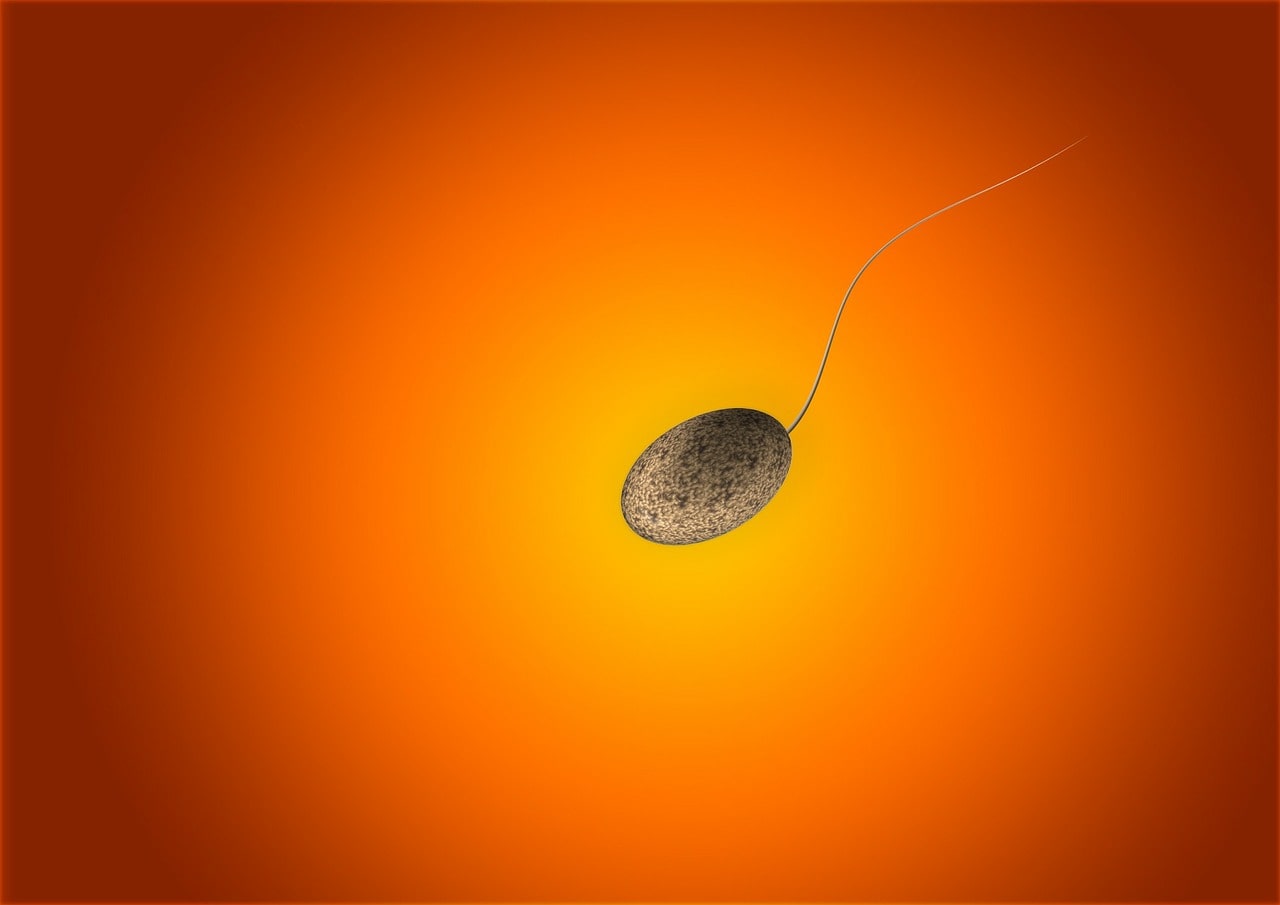
The tail also contains specialized structures called mitochondria, which provide the energy needed for the tail to move.
In addition to its movement, sperm also has other essential functions. For example, it must be able to penetrate the outer layer of the female egg to fertilize it.
Sperm also contains genetic material in the form of DNA, which is needed to combine with the genetic material of the female egg to create a new life.
The role of sperm is critical in human reproduction, and its ability to move effectively and reach the female egg is essential for conception.
When we know this, here comes the question: Can a moisturiser potentially harm the “swimmers”? Is it something in the product’s structure or the ingredients used?
Let’s dissect this topic.
What is a typical structure of a moisturizer?
Typically (unless it is oil-free), a moisturizer is a mixture of water and oil.
Moisturizers are emulsions, meaning water and oils play a crucial role in their formula.
To create an emulsion, you need to blend water and oil. For this purpose, you need a specific substance called an emulsifier.
There are different types of emulsions in terms of the way they are processed: you could put water in oil or the opposite – oil in water.
The first emulsion will produce a thicker moisturizer, while the second will create a runnier one. The latter consistency will be easier to mix with water.
The water phase is composed mainly of water or hydrolats; the aqueous phase may be accompanied by other ingredients, depending on the prepared product.

Its role is to provide hydration to the surface layer of the skin – the epidermis.
The oil phase – base vegetable oils and extracts. The oil phase nourishes and comforts the skin or protects and smoothes the hair. The choice of oils depends on the skin and hair type.
The emulsion agents – allow a stable and permanent coupling of the water and oil phases.
As we read this, we can see that the core substances used in a moisturizer are (in many cases) not harmful to the sperm.
Still, there is a chance that additional ingredients included in the formula for improving it could not be beneficial for the work of the semen.
Let’s have a look at this topic.
How can some moisturizers affect sperm?
It is always a good idea to check the ingredients label and research before using any product, particularly if you are trying to conceive.
Some moisturizers can affect sperm by reducing their motility or ability to move effectively.
This can make it more difficult for the seed to reach and fertilize the female egg, reducing the chances of conception.
Moisturizers containing certain ingredients can harm sperm. Which are they?
Glycerin is commonly used as a humectant to help retain moisture. However, it has been shown to have a high osmolality, which can draw water out of the surrounding tissues and cause sperm to become dehydrated and lose motility.
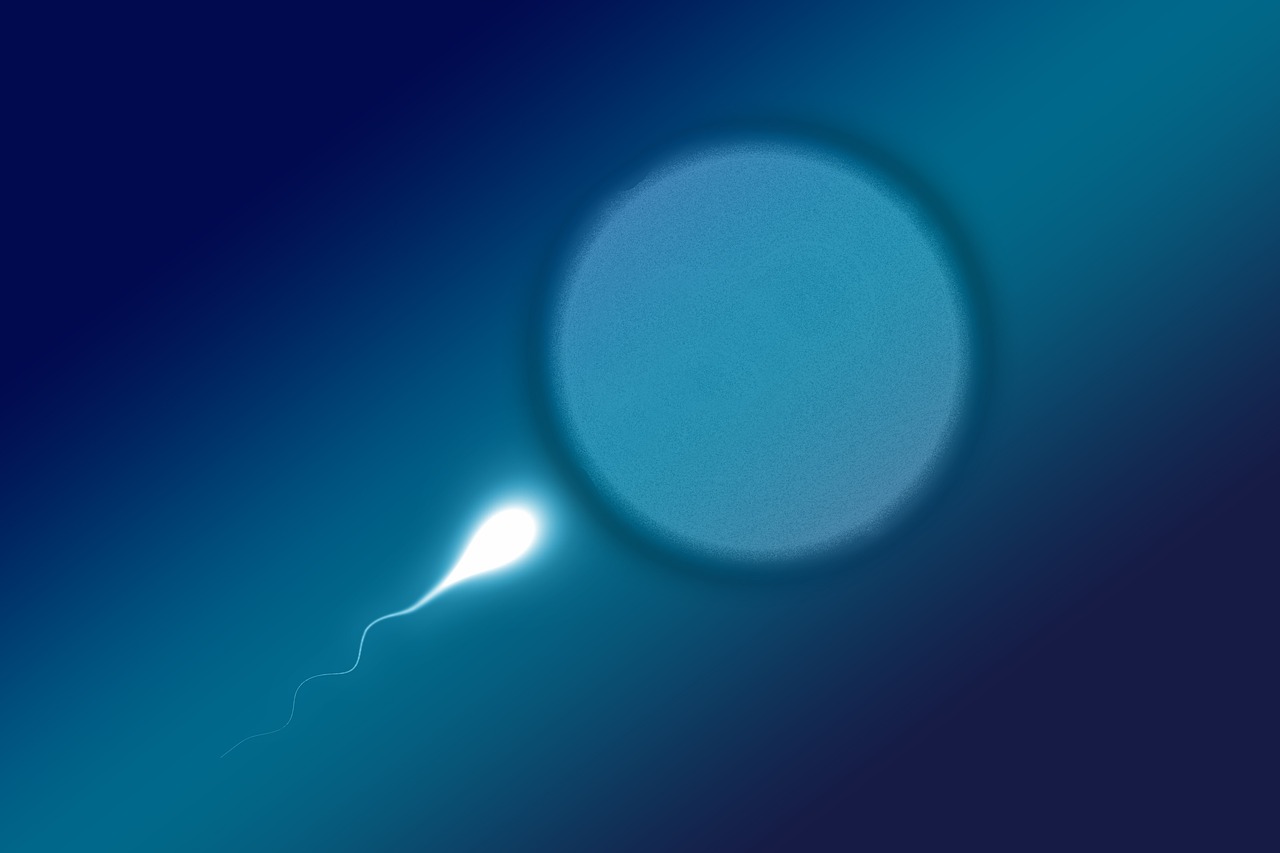
Many cosmetic products use propylene glycol as a moisturizing agent and penetration enhancer. Like glycerin, it has a high osmolality and can cause sperm to become dehydrated and lose motility.
Fragrances are often added to moisturizers to give them a pleasant scent. However, many fragrances contain phthalates, which have been linked to reduced sperm motility and DNA damage.
Parabens are a preservative commonly used in cosmetic products to prevent the growth of bacteria and fungi. However, they have been shown to have estrogen-like effects, which can disrupt the hormonal balance in the body and potentially harm sperm.
Petroleum-based ingredients, such as mineral oil or petrolatum, can create a barrier on the skin and interfere with the natural movement of sperm.
All you need is to be careful when you use a moisturizer with some of the abovementioned substances.
If we have to mention lubes, some studies have suggested that oil-based lubricants have the most negligible impact on sperm motility and vitality.
Silicone-based lubricants impact motility but not as significantly as water-based lubricants.
Water-based lubricants appear to have the most significant detrimental effect on motility and vitality, immobilizing sperm after just five minutes and killing a significant percentage of sperm within an hour.
To wrap it up
In most cases, moisturizer doesn’t kill sperm. But there is evidence that some ingredients may slow the speed of the swimmers.
If your goal is to conceive, to be safe, use a fertility-friendly oil or even avoid any moisturizer or lube.
Thank you for reading!
Valeria
